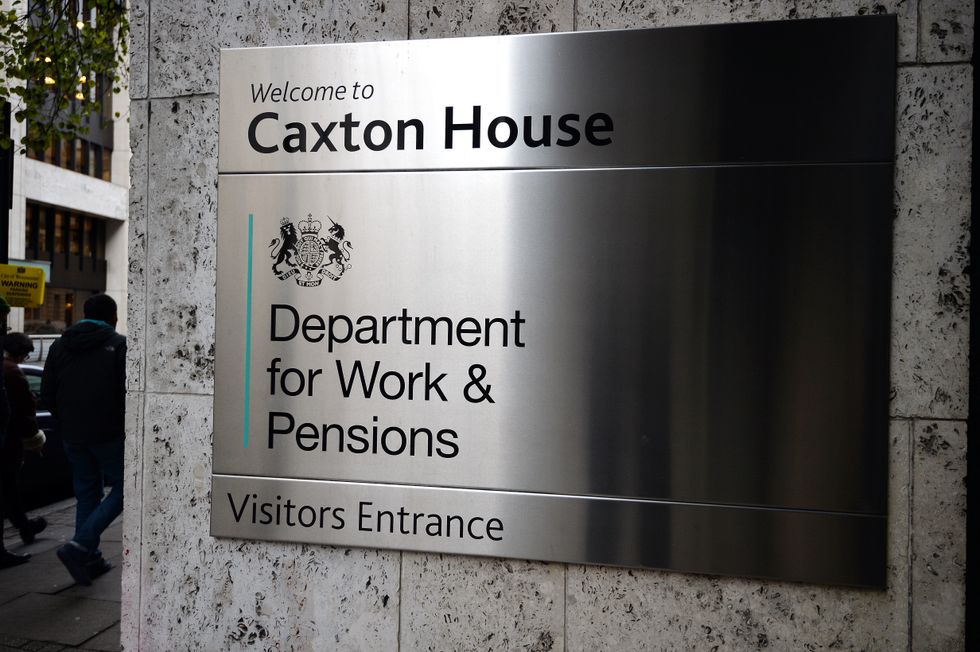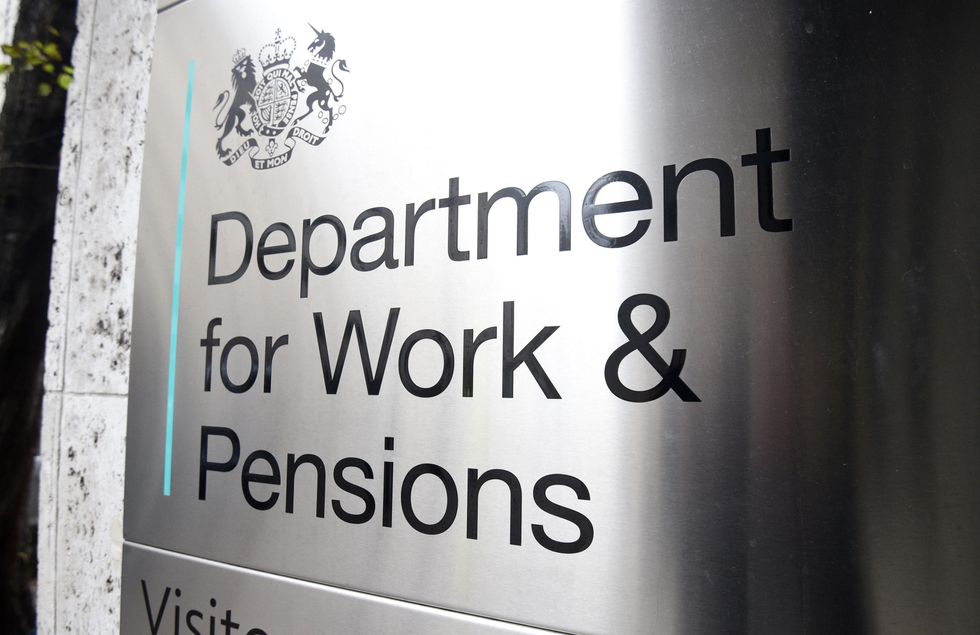WATCH NOW: State pension MUST be means-tested blasts furious campaigner
GB NEWS
Irish and Australian newspapers have highlighted how residents could benefit from the loophole
Don't Miss
Most Read
Trending on GB News
Former UK taxpayers have just days left to take advantage of a scheme allowing them to fill gaps in their National Insurance contributions dating back to 2006.
The arrangement, which ends on April 5, has sparked global interest as it could qualify eligible individuals for a UK state pension of up to £12,000 annually.
A flurry of social media posts and news stories worldwide has alerted people to this opportunity, with headlines declaring it a "wild loophole for expats"
The Australian Financial Review declared: "A $480,000 opportunity for Australians who did a stint in London."
"Hundreds of thousands of Irish people . . . eligible for the top-up," The Irish Times added.
After the deadline passes, people will only be permitted to fill National Insurance gaps from the past six years, significantly reducing their chances to qualify for a full pension.

An image of two old people in Sydney
GETTY
Anyone who has worked in the UK for three or more years may be eligible for this pension opportunity.
The full £12,000 annual state pension requires 35 qualifying years of National Insurance contributions.
Since 2016, employees have been able to fill gaps in their NI record through voluntary contributions, going back as far as 2006.
This temporary scheme has caught the attention of expats and foreigners who worked in Britain for at least three years.
By topping up their NI contributions, they could qualify for significant pension payments for life.
The arrangement was originally set to end in 2023 but was extended twice following surges in interest near previous deadlines.
Voluntary contributions can cost up to £907 per year to qualify for the state pension.
For those who qualify for class 2 contributions, the cost can be as low as £179.40 per year.
People need at least 10 qualifying years of NI contributions to receive any pension.
LATEST DEVELOPMENTS: The Department for Work & PensionsPA
The Department for Work & PensionsPAMore qualifying years equate to a higher pension payout.
Patrick Edwards, president of British Pensions in Australia, points out that someone with nine qualifying years could make a single payment of less than £200 to receive about £3,500 annually for life.
His organisation has been "overwhelmed with enquiries" as the deadline approaches.
Sir Steve Webb, a former pensions minister and partner at LCP, a pensions consultancy, commented on the unusual nature of the scheme.
"The intention [behind the voluntary contribution scheme] is that you have people who work in the UK, move abroad and come back you want them to be able to fill in gaps in their record," he said.
"What's odd is this business of going back so long."
The new state pension, introduced in 2016, required people to have about 35 qualifying years of NI payments to receive the maximum payment.
The government therefore introduced this transitional arrangement to allow those who didn't meet the requirements to plug shortfalls by paying voluntary contributions.

British expats enjoying a drink in Benidorm
GETTY
Those thinking of making voluntary NI payments should consider where they intend to live in retirement and their current age.
Tom McPhail, a pensions specialist at consultancy Lang Cat, cautions that most working adults in the UK will likely reach the maximum qualifying years anyway.
Younger people in their 20s and 30s face additional risks from potential future government policy changes.
"The longer there is until your retirement, the more risk you're exposed to around political changes," says McPhail.
He adds that while the pension is inflation-linked today, this may change in future.
"It is by its nature like buying a deferred annuity you're losing control of your capital."

A sign for the Department for Work and Pensions
PAUK state pensioners receive an increase every year due to the "triple lock" scheme, which raises payouts by the highest of inflation, earnings growth or 2.5 per cent.
However, this benefit doesn't apply universally to those living abroad.
Only retirees residing in the European Economic Area, Switzerland or countries with "reciprocal agreements" with the UK will benefit from these annual increases.
For example, pensioners in Barbados or Jamaica would receive annual payout increases, but those in Saint Lucia would not.
Despite the excitement in Australian media, UK pensioners living in Australia would not see their payments rise with inflation.
The same applies to those living in Canada or New Zealand.








